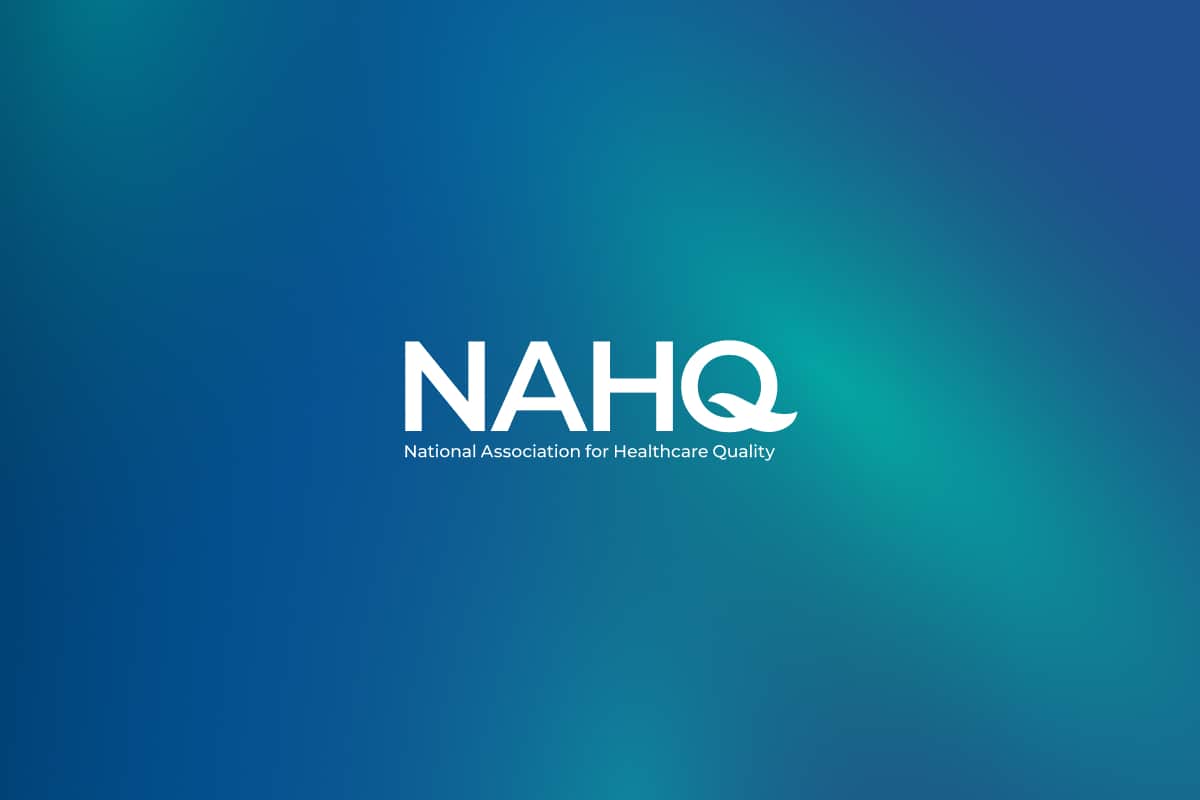Author
Maulik Joshi, DrPH – President and CEO, Meritus Health
President, Proposed Meritus School of Osteopathic Medicine
On occasion, NAHQ invites experts to share their opinions on topics related to workforce development for healthcare quality professionals. If you are an executive and interested in submitting an editorial, please fill out this form.
“Pickleball Thinking” Can Enhance Leadership Impact in Healthcare
The escalating challenges of healthcare settings today require new strategies to support the changing and growing health needs of our nation. Quality and safety of care, and access to healthcare itself, has never been more important and more complex. New leadership strategies for enhancing quality and safety in today’s settings, in fact, could be framed by the analogy and comparison of pickleball vs. tennis.
I enjoy playing tennis and prefer the sport over pickleball any day. Yet, today I often find myself on the pickleball court instead of the tennis court. Pickleball is the fastest growing sport in America. The sport is booming with more players, teams, leagues, equipment and buzz than ever before. And although the two sports have many similarities, their differences are quite profound.
Not familiar with the sports? Here are five ways “pickleball thinking” enhances more effective leadership in today’s healthcare settings.
Pickleball matches are shorter than tennis
A pickleball game usually goes to nine or 11 points and is faster than a set in a tennis match.
Being able to play shorter matches is a major benefit in healthcare – simply, this means moving on to the next “match,” win or loss. One can think of this as learning fast. By having shorter timeframes on the implementation of strategic and operational initiatives, we can understand what worked well and what failed more quickly, then use that knowledge for the next efforts. The concept of rapid tests of change applies here. Faster learning is a hallmark for building a robust learning health system, essential for improving quality.
Pickleball requires quick reflexes
During a rally in pickleball, much more so than in tennis, the ball can go back and forth swiftly and can change speeds rapidly, which bodes well for players with quick reflexes.
As COVID-19 taught us, healthcare leaders need to have quick reflexes to respond to known and unknown actions. Quick reflexes, grounded in experience and evidence, are essential for resilient leaders. The importance of being agile as a leader and an organization is something almost all organizations learned during the pandemic. Hardwiring this agility post-pandemic is key. A culture of agility, decisiveness, and speed is what start-up companies are known for, and can accelerate quality improvement opportunities.
Pickleball is less complex, more focused
Pickleball is easier to learn than tennis, with fewer rules and skills needed. Tennis is more complex, and skill development requires much more time and practice.
Healthcare delivery is increasingly complex and is not getting any simpler. Focusing on what patients and communities need most is paramount. Focus is a critical strategy for a healthcare leader. Identifying signal from noise and continuously improving and simplifying key processes is core. We need to better leverage quality improvement methods and direct care teams to simplify healthcare processes. Making these changes approachable and simple will move the needle over time. Sometimes, you just need to get the ball over the net. Projects never find success without a starting point.
Pickleball is a faster game
As one watches pickleball scoring, the points accumulate much faster than tennis, especially at the pro level.
With mounting evidence that quality has not improved substantially in the last several years and that the progress in reducing health disparities is even slower, healthcare leaders have to move faster to achieve positive outcomes—speed is the name of the game. The people we serve shouldn’t have to be patient for better results, they should expect the improvement to happen sooner than the current pace. It is beyond time for leaders to pick up the pace in improving quality of care.
The sting of a pickleball hurts less
I have been hit by both a tennis ball and pickleball many times and the sting of the pickleball hurts far less.
We should approach the implementation of quality healthcare strategies today by pursuit of a North Star, and not by worrying about the potential sting of failure.
Sometimes we become overcautious and over-analyze opportunities before trying. We use phrases like “unintended consequences” to slow down change. These are all real, but we must remember the null hypothesis. The null hypothesis, or the current state, is that healthcare is not the best. It must improve, especially for those in greatest need. Is there evidence that can guide innovation? We should be methodical, but more often ask for forgiveness when testing, piloting, or trying something new versus seeking permission. Sometimes, you take the hit, but the hit isn’t always so bad. You quickly recover and then you rebound.
Approaching healthcare leadership with “pickleball thinking” means learning faster, moving more quickly, being agile, being focused, simplifying processes, and being more willing to fail by testing changes often. These leadership perspectives are building blocks for a high impact quality competency, as developed by NAHQ.
Sometimes, you have the right players, but they are engaging in the wrong sport. Sometimes changing your play means you win the game.
Maulik Joshi is a certified tennis instructor, avid pickleballer and a healthcare leader trying to make sure we do our best to get the ball over the net.
– Maulik Joshi, DrPH
President and CEO, Meritus Health
President, Proposed Meritus School of Osteopathic Medicine
Related Content
NAHQ Awards Recognize Outstanding Healthcare Quality Professionals
CHICAGO (October 6, 2021) — Six healthcare quality...
Read MoreNational Association for Healthcare Quality Celebrates Growing Profession and Discipline with Special Events During Healthcare Quality Week Oct. 15-21
National Association for Healthcare Quality Celebr...
Read MoreThe Checklist to Accelerate Out of the COVID-19 Pandemic Slump
As the COVID-19 pandemic evolves into an endemic, ...
Read More
